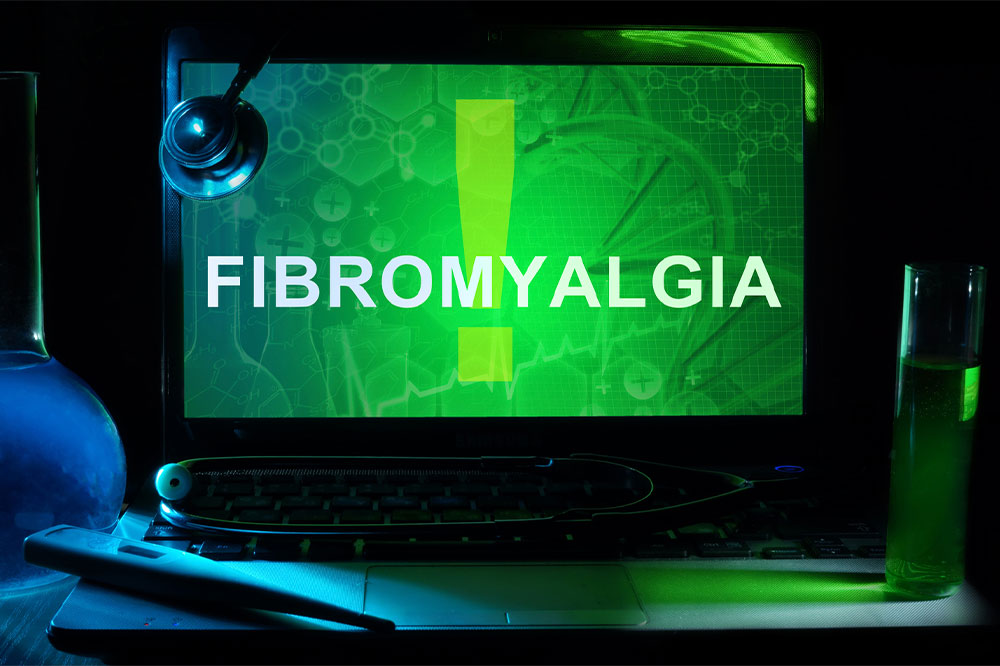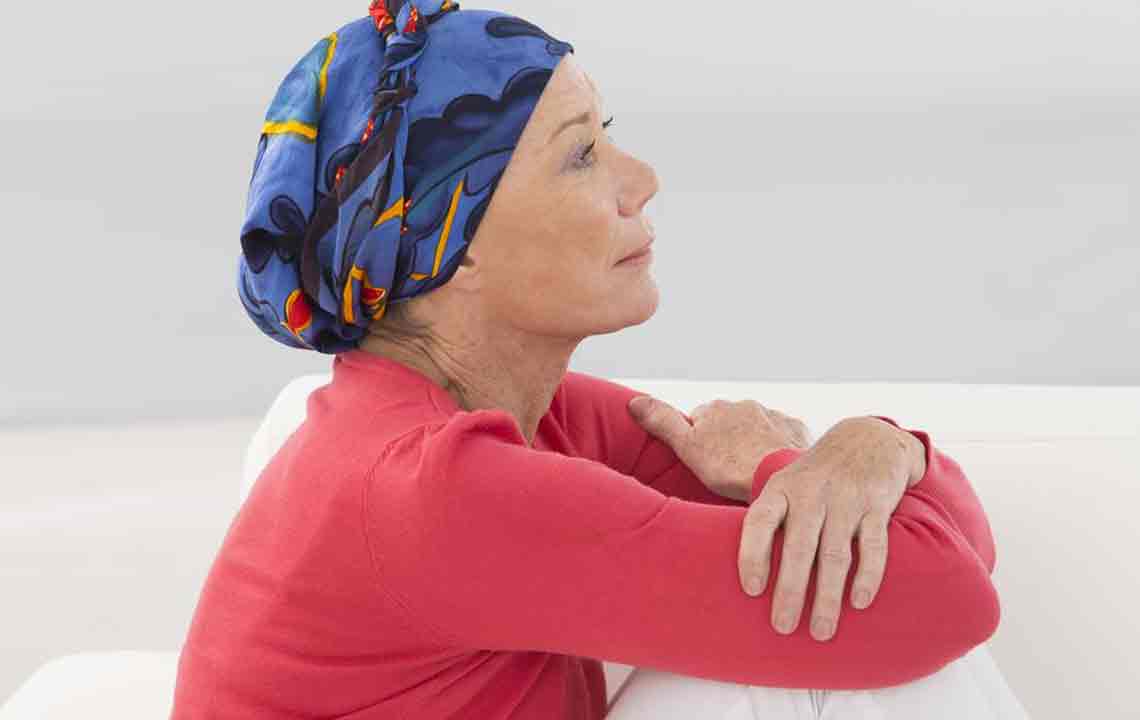Comprehensive Guide to Metastatic Breast Cancer
This detailed guide explores stage IV breast cancer, covering symptoms across different organs, treatment options like hormone therapy, chemotherapy, and targeted therapies, alongside supportive care strategies. It highlights advancements improving life quality and emphasizes personalized treatment planning with a multidisciplinary team to manage this complex disease effectively.

Comprehensive Overview of Stage IV Breast Cancer
Metastatic breast cancer occurs when malignant cells spread beyond the breast to other parts of the body. Common affected organs include bones, lungs, liver, and brain. Symptoms vary based on the organ involved. Bone metastases often cause pain and weakness, while lung spread may lead to persistent cough and breathing difficulties. Liver involvement can result in jaundice and swelling, whereas brain metastasis may cause headaches, memory issues, and seizures.
Bone Metastasis Pain in joints or bones worsening with activity, along with numbness, weakness, and urinary issues.
Lung Spread Chronic cough, shortness of breath, blood in mucus, and chest discomfort.
Liver Involvement Jaundice, abdominal swelling, and skin itching.
Brain Spread Headaches, vision or memory problems, mood changes, balance issues, seizures, and strokes.
Though a definitive cure remains elusive, treatment options aim to manage symptoms and slow disease progression. Advances in science have improved survival rates and patient quality of life. Treatment decisions are personalized, with considerations for side-effects, and often involve a multidisciplinary team including palliative care to support emotional and physical well-being.
Common treatments include:
Hormone Therapy Medications targeting estrogen or progesterone help shrink tumors reliant on these hormones.
Anti-HER2 Therapy For cancers with high HER2 protein levels, these drugs impede rapid growth.
Chemotherapy Administered orally or via infusion, chemo targets fast-growing cells but can cause fatigue, hair loss, and nausea. It's often used for triple-negative breast cancers.
Radiation and Surgery Local treatments to remove tumors, prevent fractures, or ease localized pain.
Targeted Therapy Drugs that specifically attack cancer cells, enhancing treatment effectiveness and often used when other therapies fail.
Post-treatment monitoring includes scans and tests to assess response. Supportive care such as nutrition, exercise, mental health support, and peer groups play vital roles in coping with the disease’s physical and emotional toll.










